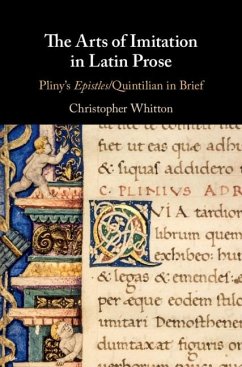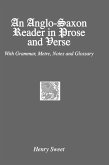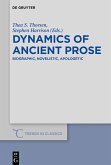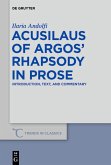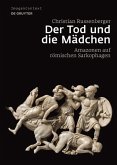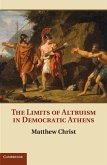Imitation was central to Roman culture, and a staple of Latin poetry. But it was also fundamental to prose. This book brings together two monuments of the High Empire, Quintilian's Institutio oratoria ('Training of the orator') and Pliny's Epistles, to reveal a spectacular project of textual and ethical imitation. As a young man Pliny had studied with Quintilian. In the Epistles he meticulously transforms and subsumes his teacher's masterpiece, together with poetry and prose ranging from Homer to Tacitus' Dialogus de oratoribus. In teasing apart Pliny's rich intertextual weave, this book reinterprets Quintilian through the eyes of one of his sharpest readers, radically reassesses the Epistles as a work of minute textual artistry, and makes a major intervention in scholarly debates on intertextuality, imitation and rhetorical culture at Rome. The result is a landmark study with far-reaching implications for how we read Latin literature.
Dieser Download kann aus rechtlichen Gründen nur mit Rechnungsadresse in A, B, BG, CY, CZ, D, DK, EW, E, FIN, F, GR, HR, H, IRL, I, LT, L, LR, M, NL, PL, P, R, S, SLO, SK ausgeliefert werden.

